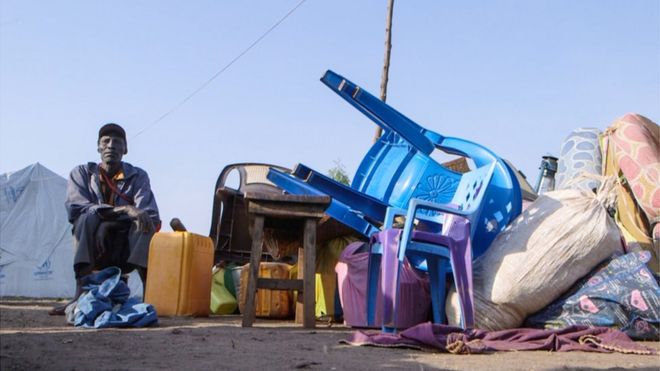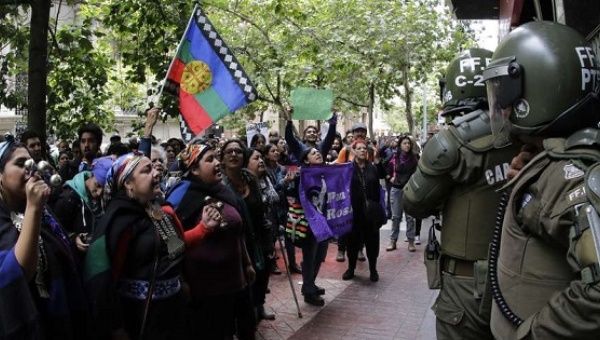11 Individuals at least Killed in the First Week of the Ceasefire Agreement including Two Children and a Fetus
SNHR has published its fifth report monitoring the breaches of Ankara Ceasefire Agreement in Syria. The report documents the breaches that were recorded in one week since the Agreement went into effect. The report says that 11 individuals, including one woman, two children, and one fetus, have been killed since 30 December 2016; most of them were killed by the Syrian regime forces.
The report draws upon the monitoring and documentation processes in addition to speaking to survivors, victims’ families, or with eyewitnesses to some of the incidents.
The report sheds light on every breach committed by the parties that are bound by the truce agreement (Government forces, Russian forces, and armed opposition factions) in areas under the control of armed opposition factions and areas under a joint control (armed opposition factions and Fateh Al Sham Front). The report doesn’t include any combat operations in ISIS-held areas.
The report says that on Monday 2 January 2017, armed opposition factions that agreed to the ceasefire agreement released a statement in which they announced that they will suspend any talks regarding the ceasefire agreement in response to the breaches that were committed by the Syrian regime forces and its ally the Iranian regime.
The report monitors 178 breaches including 169 breaches through combat operations in addition to nine through arrest operations. 160 breaches, out of the 178, were committed by Syrian regime forces. Most of the breaches took place in Hama governorate where 55 breaches were documented, followed by Homs with 30 breaches, Aleppo and Daraa with 19 breaches, and then Idlib with 14 breaches. Additionally, the report records 14 breaches by Russian forces including six in Aleppo, whereas three breaches were committed in Hama and five breaches were committed in Idlib by Russian forces to a total of 14.
Furthermore, the report says that four breaches by armed opposition factions were documented in Aleppo and Hama governorates.
The report stresses that most of the breaches documented up until now were committed by the Syrian regime and its ally on the ground the Iranian regime, which the report considers to be the most affected by any political agreement that aim towards a comprehensive settlement. Furthermore, the report calls on the Russian regime, being a primary sponsor of the agreement, to apply pressure on the Syrian-Iranian regime in order to compel it seriously commit to the agreement’s provisions. Otherwise, the ceasefire will ultimately fail.
Also, the report emphasizes that Russian forces have to adhere to the agreement, and cease bombing civilians because any other breaches by the Russian forces, who should supposedly oversee the implementation of the agreement, will demolish the credibility of any future Russian sponsorship.
Lastly, the report calls on the Turkish government, seeing that it is the other party sponsoring the Agreement, to follow-up with the breaches committed by armed opposition factions, and insure that they won’t reoccur in order to preserve the success of the truce.
This article was originally posted on Syrian Network for Human Rights’ website and the full report can be read here.


